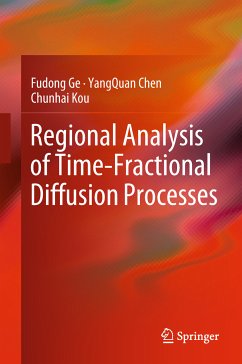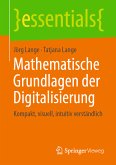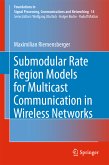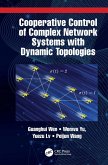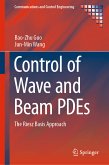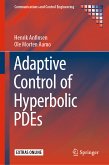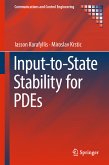This monograph provides an accessible introduction to the regional analysis of fractional diffusion processes. It begins with background coverage of fractional calculus, functional analysis, distributed parameter systems and relevant basic control theory. New research problems are then defined in terms of their actuation and sensing policies within the regional analysis framework. The results presented provide insight into the control-theoretic analysis of fractional-order systems for use in real-life applications such as hard-disk drives, sleep stage identification and classification, and unmanned aerial vehicle control. The results can also be extended to complex fractional-order distributed-parameter systems and various open questions with potential for further investigation are discussed. For instance, the problem of fractional order distributed-parameter systems with mobile actuators/sensors, optimal parameter identification, optimal locations/trajectory of actuators/sensors and regional actuation/sensing configurations are of great interest.
The book's use of illustrations and consistent examples throughout helps readers to understand the significance of the proposed fractional models and methodologies and to enhance their comprehension. The applications treated in the book run the gamut from environmental science to national security.
Academics and graduate students working with cyber-physical and distributed systems or interested in the the applications of fractional calculus will find this book to be an instructive source of state-of-the-art results and inspiration for further research.
Dieser Download kann aus rechtlichen Gründen nur mit Rechnungsadresse in A, B, BG, CY, CZ, D, DK, EW, E, FIN, F, GR, HR, H, IRL, I, LT, L, LR, M, NL, PL, P, R, S, SLO, SK ausgeliefert werden.

